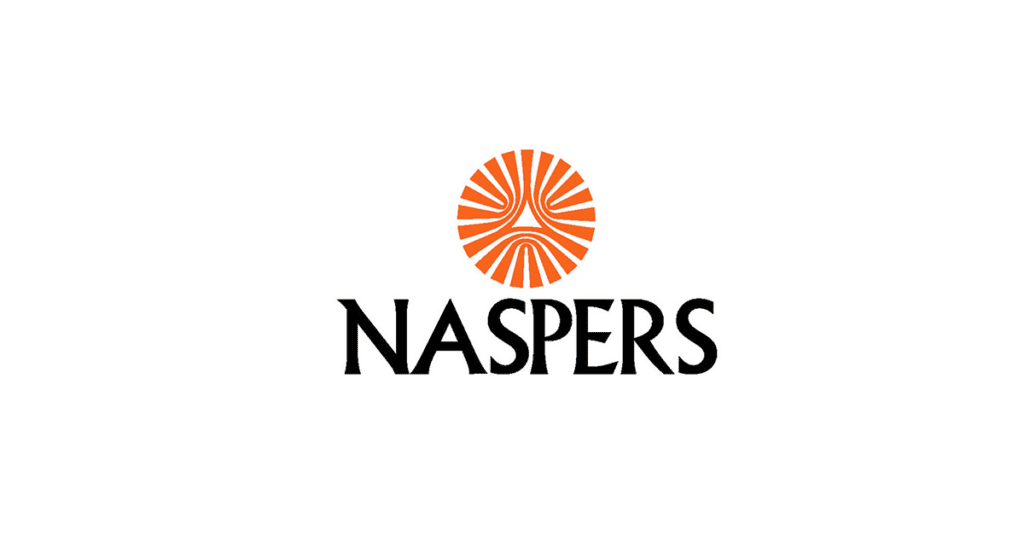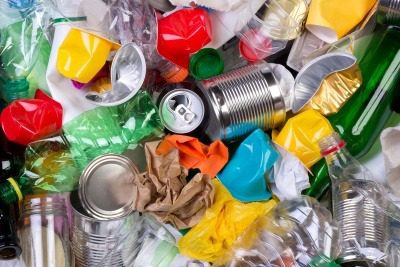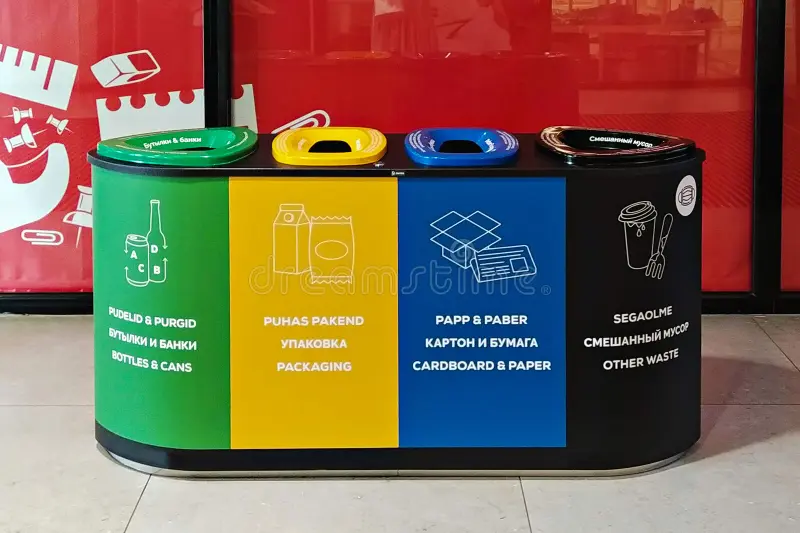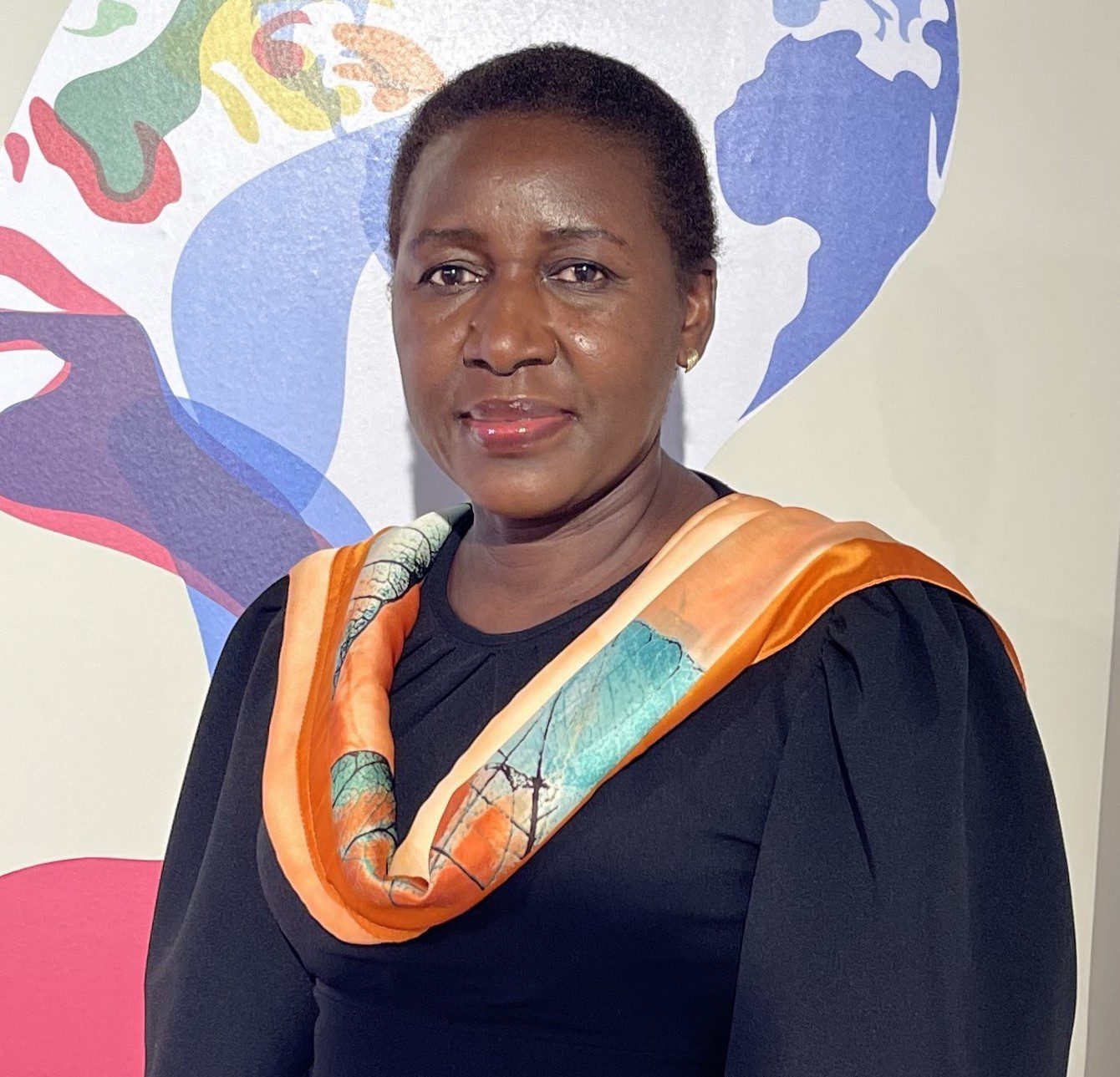Naspers takes a stand against packaging waste
Pioneering Sustainable Packaging in Tech and Logistics

Naspers, one of the largest technology investors and operators in the world, is reshaping the narrative on environmental responsibility by championing sustainable packaging on its e-commerce and logistics platforms.
Delivery services, though convenient, have a significant environmental cost. From the emissions produced by vehicles constantly moving through cities to deliver food and goods to the large amount of waste generated by packaging materials – the footprint is significant.

In 2023, Naspers launched a drive to raise awareness among its subsidiaries in South Africa and abroad about the need for their delivery and e-commerce operations to evolve, transforming how goods are transported and packaged.
“We were pleasantly surprised to find that the likes of Takealot and Media24 had already implemented some initiatives to reduce waste,” says Ronell Govender, global sustainability manager at Naspers.
For example, Takealot has installed recycling stations at its flagship pickup points and plans to roll out more such stations at more pickup points.
 In a report titled Scaling Sustainable Packaging, Naspers reports that Takealot recycles 98% of its on-site waste, ensures that all its paper packaging suppliers are FSC-certified and includes recycling instructions on its packaging. The company also ships certain categories of products, such as air fryers and microwaves, in their original packaging, to reduce packaging waste.
In a report titled Scaling Sustainable Packaging, Naspers reports that Takealot recycles 98% of its on-site waste, ensures that all its paper packaging suppliers are FSC-certified and includes recycling instructions on its packaging. The company also ships certain categories of products, such as air fryers and microwaves, in their original packaging, to reduce packaging waste.
Similarly, Media24’s M24 Logistics replaces unrecyclable plastic void fill and plastic tape with sustainably sourced paper or packaging manufactured from recycled materials. More than 98% of its packaging material is recycled, as it has invested in on-site conveyor systems to sort and bail plastics and cardboard boxes at its warehouses to manage all its inbound packaging.
The report further states that Takelot’s portfolio companies are developing sustainable packaging strategies, reducing waste and harnessing the opportunity to scale solutions to millions of users. In the absence of a global framework on sustainable packaging, the company has created ten golden rules for their own group companies to reduce waste in their own operations and their extended value chain, and it’s been well received by their subsidiaries.
A United Nations Global Compact participant since 2021, Naspers confidently leads sustainability efforts using its golden rules, which include reducing packaging through design and logistics, adopting and scaling reuse models, calculating its packaging footprint, and investing in building infrastructure that captures materials and prevents waste. These golden rules also serve as a blueprint to guide Naspers’s delivery platforms in increasing their use of sustainable packaging and lowering their waste footprint.
For Dr Achieng Ojwang, the executive director of the UN Global Compact Network South Africa, Naspers is a shining example of what businesses can accomplish when they embed practices aligned with Sustainable Development Goals (SDGs) into their operations and across the value chain, to accelerate progress towards the UN’s 2030 Agenda for Sustainable Development.
The company has made strides towards achieving the SDGs, particularly SDG 12, which focuses on responsible consumption and production; SDG 13, which foregrounds climate action; and SDG 9, which focuses on building resilient infrastructure, promoting inclusive and sustainable industrialisation and fostering innovation.
Naspers has also joined forces with the South African Plastics Pact, an industry collaboration of packaging producers, brand owners, retailers, recyclers, government departments and NGOs to tackle plastic packaging waste by creating a circular economy for plastics in South Africa.
This involves addressing problematic or unnecessary plastic packaging through redesign, innovation or alternative (reuse) delivery models. The pact aims to ensure that 100% of plastic packaging is reusable, recyclable or compostable; establish a 70% effective recycling rate for plastic packaging; and achieve an average of 30% recycled content across all plastic packaging.
“We are proud of Naspers and their efforts to reduce waste and do business sustainably. We call on more companies to take up the baton and implement the SDGs and UN Global Compact Principles,” Dr Ojwang adds.


